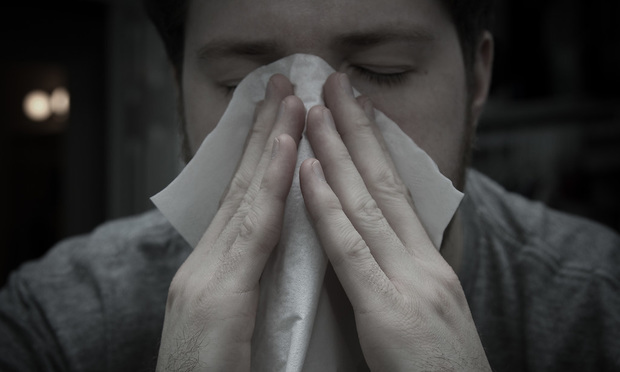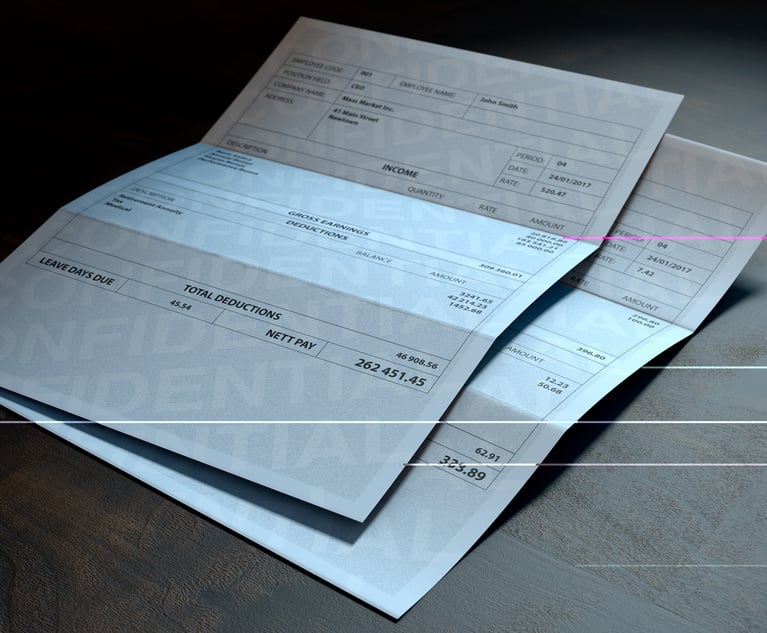Since Phil Murphy’s election to governor of New Jersey, the Garden State has seen several employee-friendly laws proposed and enacted, including the May 2nd enactment of the New Jersey Paid Sick Leave Act (“the Act”), which requires employers to provide paid sick leave to employees for a robust list of qualifying reasons. The Act joins several other leave laws, including the federal Family and Medical Leave Act (FMLA), New Jersey Family Leave Act (NJFLA), New Jersey Family Leave Insurance Law (NJFLI), and New Jersey Security and Financial Empowerment Act (NJ SAFE Act). The new act, which takes effect Oct. 29, has some unique characteristics that make it different from other leave-related laws, some of which are addressed in this article.
Who Is Covered
The differences begin with the Act’s application. The Act applies to any person or entity that employs employees in the state. Other leave laws have a small business exception, including the FMLA and NJFLA, which apply only to employers with 50 or more employees, and the NJ SAFE Act, which applies only to employers with 25 or more employees. The Act also defines “employee” quite broadly and excludes only: (1) employees performing services in the construction industry under contract pursuant to a collective bargaining agreement; (2) “per diem health care employee[s]”; and (3) public employees receiving paid sick leave pursuant to another New Jersey law, rule or regulation. Both part-time and full-time employees are entitled to leave under the Act.


 Photo by William Brawley, via Flickr
Photo by William Brawley, via Flickr




